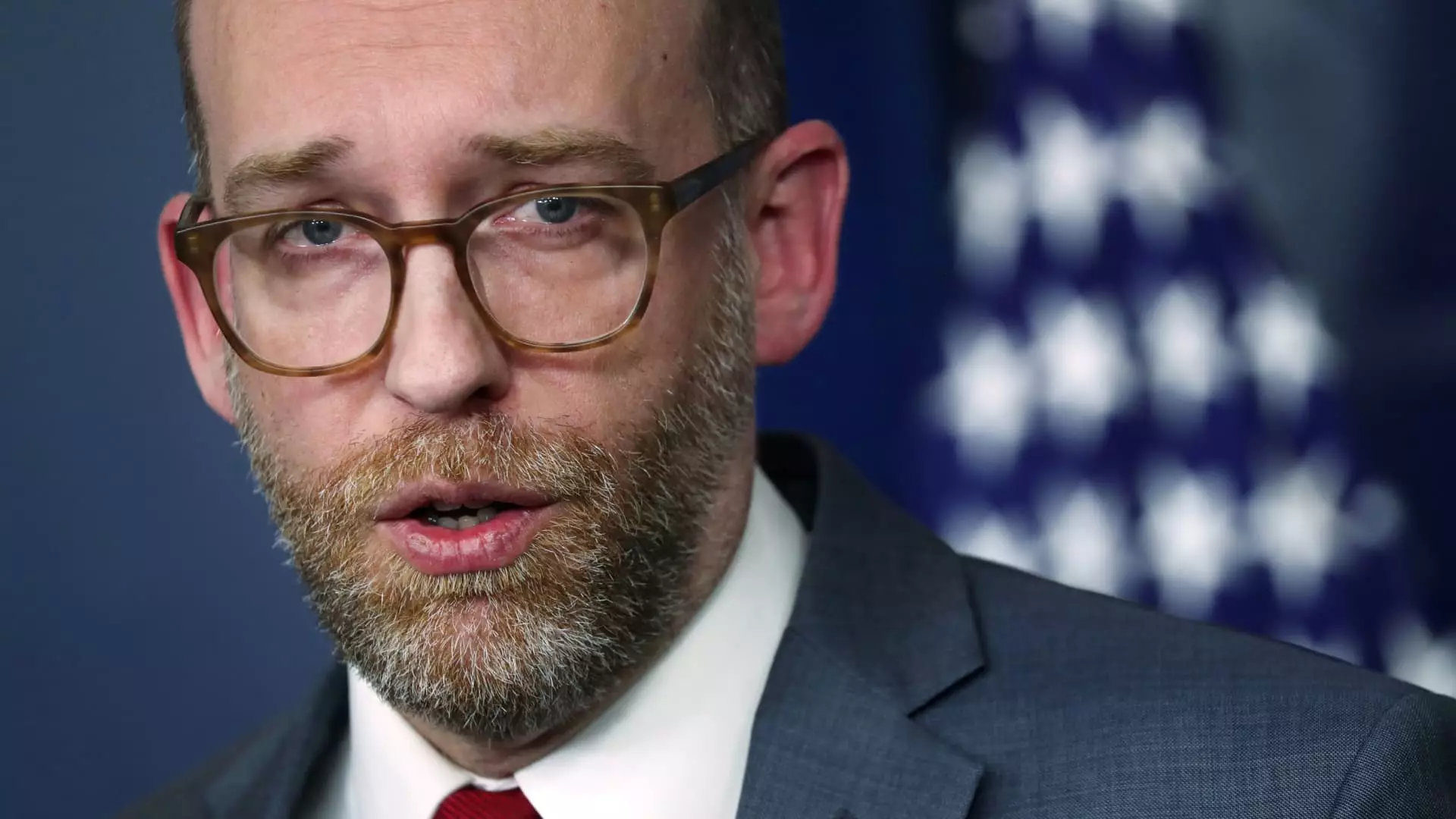In a move that has sent shockwaves through one of the most pivotal consumer protection agencies in the United States, the Consumer Financial Protection Bureau (CFPB) recently sent termination notices to numerous employees, primarily those still within their probationary period. This action not only raises significant concerns about employee rights and organizational stability but also reflects broader political motivations under the Trump administration aimed at reducing federal bureaucracy.
Contextualizing the Terminations
The turmoil at the CFPB is not an isolated incident but part of a larger trend observed in various federal agencies. The Office of Personnel Management (OPM) has initiated inquiries into recently hired federal employees, arguing that their probationary status makes them easier targets for dismissal. This action has left many employees feeling vulnerable as it implies that agencies can quickly purge staff without the scrutiny often applied to tenured workers.
Sources within the CFPB have indicated that this recent wave of terminations has created an atmosphere of uncertainty and fear, especially since the operations of the bureau came under intense scrutiny following the directive by newly appointed bureaucrats aligned with Elon Musk’s Department of Government Efficiency. The upper echelons of the CFPB have been placed in a precarious position, with acting director Russell Vought effectively halting all agency work while simultaneously pushing for the agency’s dissolution.
The manner in which these dismissals are being executed has come under fire for potential legal and ethical violations. Employees like Johanna Hickman, a senior litigation counsel at the CFPB, have voiced strong opposition, claiming that the terminations were not carried out in accordance with established federal protocols. Such breaches of procedure not only undermine the integrity of the agency but also set a dangerous precedent for employee relations within the federal government.
Hickman, among others, has expressed her determination to explore legal routes to contest her dismissal. This collective resolve to fight back against perceived injustice is emblematic of a workforce that feels threatened not just by the immediate consequences of job loss but also by the potential dismantling of consumer protections that the CFPB provides.
The implications of such mass layoffs extend beyond the immediate workforce. Historically, the CFPB has played a crucial role in safeguarding consumer interests—especially in the wake of the 2008 financial crisis. The agency’s ability to employ and retain skilled professionals is essential for effectively enforcing regulations designed to protect consumers from malpractices in the financial sector.
As the agency faces the potential loss of experienced staff, the capacity for thorough consumer protection diminishes, raising questions about how this will affect consumers who rely on the CFPB’s enforcement capabilities to remain robust. The enforcement division, which has been significantly impacted by these terminations, was on an upward trajectory under former director Rohit Chopra, with notable efforts to boost the hiring of enforcement lawyers. Such efforts may now be severely curtailed, jeopardizing consumer advocacy and regulatory oversight.
Concluding Thoughts: A Call for Vigilance
In summation, the recent terminations at the CFPB reflect a multifaceted crisis that intertwines issues of legal compliance, ethical governance, and consumer protection. This situation commands the attention of lawmakers, consumer advocacy groups, and the general public, who must remain vigilant about the potential consequences of these administrative decisions.
The resolution of this crisis will hinge on an interplay of legal challenges mounted by affected employees and the public’s response to the ongoing erosion of consumer protections. Unless countered by a concerted effort to address these disquieting trends, the implications of these mass firings could reverberate throughout the federal workforce, leading to an environment where employees feel impermanent and unprotected, and consumers may bear the brunt of diminished financial oversight.

